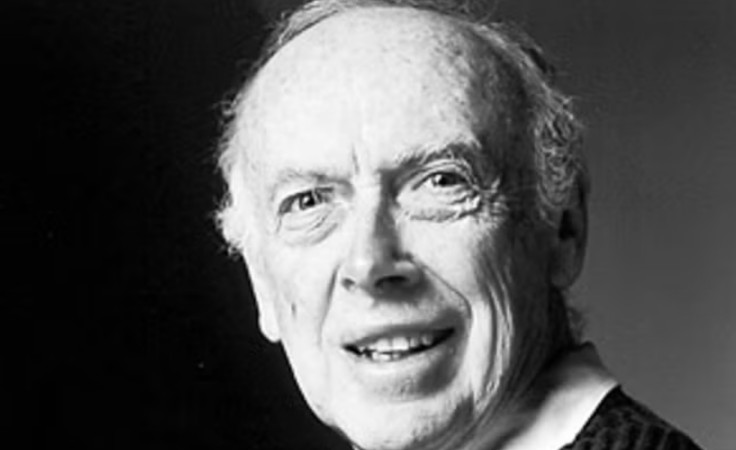James Watson Dies at 97: The DNA Pioneer Remembered as Both a Scientific Genius and a Controversial Figure
The DNA pioneer's death reignites debate over science and morality

James D. Watson, the American molecular biologist who helped discover the structure of DNA, has died aged 97, reigniting global debate over whether one of science's greatest minds was also its most controversial.
Watson, who co-discovered the double helix structure of DNA with Francis Crick in 1953, passed away at his home in Long Island, New York, following treatment for an infection.
His death, confirmed by the Cold Spring Harbor Laboratory, closes the final chapter on one of the most influential and divisive figures in modern science.
The Discovery That Changed Science Forever
Watson's partnership with Francis Crick at the University of Cambridge led to one of the most important discoveries in biology: the identification of the DNA double helix, published in Nature in 1953.
Their model revealed how genetic information is stored and replicated, laying the groundwork for the modern fields of genetics, genomics, and biotechnology.
In 1962, Watson, Crick, and Maurice Wilkins received the Nobel Prize in Physiology or Medicine for their contribution. The discovery transformed not only biological research but also medicine, agriculture, and forensic science.
However, historians and scientists later highlighted the overlooked role of Rosalind Franklin, whose X-ray diffraction images were pivotal in confirming the helical structure. The debate over recognition remains part of the ongoing discussion surrounding Watson's legacy.
From Scientific Icon to Public Figure
Following his success, Watson became one of the world's most recognised scientists. He joined Harvard University before taking over as director of the Cold Spring Harbor Laboratory (CSHL) in New York, where he played a key role in shaping the direction of molecular biology research.
According to NPR, Watson was instrumental in the early stages of the Human Genome Project, an international effort to map the complete human genetic code.
His work and public outreach made him a symbol of scientific progress throughout the latter half of the 20th century. Yet his outspoken nature would later shift public perception of him from visionary to pariah.
Controversy and the Fall from Grace
Watson's later years were overshadowed by repeated controversies over remarks about race and genetics.
In interviews given in 2007 and again in 2019, he suggested that genetic factors might influence intelligence among different ethnic groups, comments widely condemned as racist and scientifically unfounded.
The reaction was immediate. Cold Spring Harbor Laboratory suspended and later revoked all of his honorary titles in 2019, stating that his opinions were inconsistent with the institution's values.
Other organisations and universities also distanced themselves. Although Watson never retracted his comments, he maintained that he was speaking from a scientific perspective rather than prejudice.
The controversies effectively ended his public career, with many of his peers describing the remarks as deeply damaging to his reputation and to the inclusivity of modern science.
A Legacy That Divides Science
Watson's death has reignited the debate over how history should remember him. As reported by The Washington Post, obituaries characterised him as both a brilliant pioneer and a fallen figure whose legacy remains fraught with ethical tension.
On social media, reactions have ranged from tributes celebrating his role in decoding DNA to renewed criticism of his controversial views.
For many in the scientific community, his passing marks the end of an era. The discovery of DNA's double helix remains a cornerstone of modern biology, yet Watson's remarks on race continue to cast a shadow over his achievements.
Institutions such as CSHL have issued formal acknowledgements focusing on his scientific impact while reaffirming their commitment to diversity and equality in science.
© Copyright IBTimes 2025. All rights reserved.




















